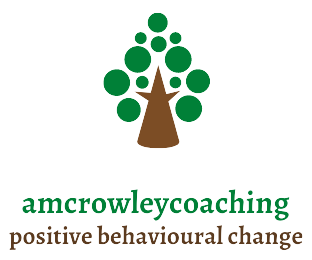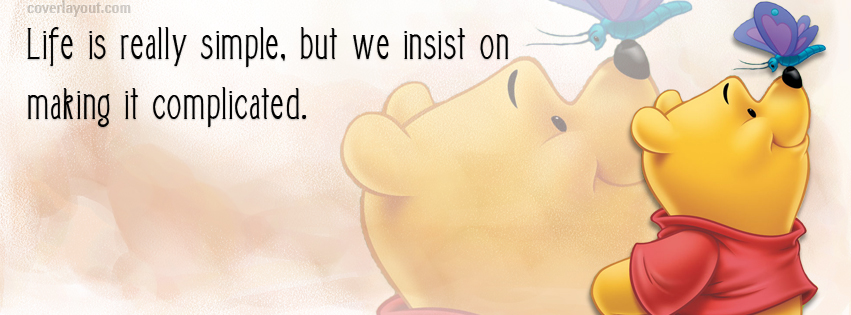This is the practical follow-up to a blog post I published last week on the myth of multi-tasking: how to recognise when you are multi-tasking and what the potential negative consequences are for you if you multi-task regularly. While awareness is key to successfully resisting the temptation to multi-task, there are also a number of simple and practical strategies to support us in putting new and more effective habits in place:
- Planning and scheduling
- Managing interruptions
- Maintaining focus and concentration
Planning and Scheduling. The day is full, it’s busy, there are lots of things to do and get through and then it all starts again tomorrow. It is easy enough to get overwhelmed and when in that state the human thing to do is bury ourselves in activities that are easy, make us feel involved and busy, while neglecting the more difficult, and often the most critical work. Then leaving it alone until it becomes urgent when we are forced to tackle it quickly and often under stress. This is when the temptation to multi-task is at its highest. When at its highest, the first and most critical step is to stop, count to 10 slowly, close your eyes (without looking like someone who should be at a yoga class) become aware, pay attention: what is happening right now? Awareness, attention and focus are 99% of the way forward beyond multi-tasking (or whatever poor habit you are trying to change). Learn when and why you multi-task. That’s key to identifying how you can resist the temptation and put new habits in place, making sure they stay in place.
Review your goals: short term and long term. Take a look at your day and how it normally runs (it can really help to keep a ‘time log’ over a few days to see exactly how you are investing your time and energy and whether this investment is getting you to where you want to go with your life). Once you know what you need to get done, then divide the day up into blocks of time. Pay particular attention to the activities that are most open to the temptation to multi-task such as routine work e.g., telephone calls and emails or work which requires checking out data and doing research. You will know when you are most vulnerable to the multi-tasking bug. For me it’s when I am starting a task that I have put off and do not enjoy e.g., doing my tax return! To keep to the plan, it will be important to minimise those activities that move you off plan so it is advisable to create the right environment for focus. Organise your diary/calendar accordingly. Turn off the ‘ping’ on texts/emails; set the phone to voice-mail; go into a quiet area if necessary away from human traffic or if in an open plan area, body language can be very powerful in giving the message that you are not to be disturbed right now i.e., no eye contact or welcoming smile; headphones on, no chair next to the desk etc… This type of strategy does not eliminate the ‘open door policy’, it just controls it.
Managing Interruptions. Most of the time I am very well intentioned. I have planned out my day and blocked off the time necessary to get all I need done, but inevitably I am interrupted and that happens quite a lot. Once interrupted I tend to react to the interruption and try to multi-task my way through it. If this happens to you, then it’s time to learn how to manage your interruptions. The first step forward is to find out who and what interrupts you and why you react to the interruption (an ‘interrupters log’ is helpful here, to see the patterns that emerge). Once you have learned what this is, then you are aware and it becomes a choice you consciously make each time you decide to take the interruption and leave yourself open to multi-tasking. You need to be able to decipher how critical the interruption is to the interrupter and to yourself (also, the team, business, family…). This is always based on ‘urgency and importance’ and it is well worthwhile reading up on the difference between these two.
Once you know that you need to manage the interruption, there are many strategies you can use such as those adopted by assertive people (the theme of another blog post methinks), in particular, the ability to say ‘yes’ to the person while saying ‘no’ to the request. Of course there will be times when you have to deal with the interruption because it is urgent and important and must be tackled now. These types of interruptions need to be managed as well, by keeping note of where you were in the activity, jot down any thoughts and ideas that occur, then you can focus on the interruption and go back to where you were before the interruption. You do not multi-task, you still focus on one activity at a time.
Maintaining Focus and Concentration. While I am ‘in the flow’ I sometimes find that my mind wanders off, I am distracted by something and start to move off towards multi-tasking. I might be planning out a new workshop event and because I am working on leadership skills, I remember a book that was recommended to me by a colleague, and off I go into the internet to take a look at it, then while I am there I see an advert for something else, and off I go again. It can be difficult to maintain focus and concentration on one activity at a time, interruptions aside. The good news is that it is a skill that can be developed. I believe that some people are naturally better at this skill than others, maybe it is something to do with their personality or personal style, they are more analytical, detailed and focused. My personality definitely falls prone to multi-tasking and distraction is part of the mix. So, when I see myself loosing focus and concentration I stop, pay attention to what’s happening, take a breath and get right back straight away to what I was doing. This takes effort and while I do not think I am cured, I definitely get more of the right things done as a result. This leaves more time for me, now what will I do with that?
Anne Marie
Anne Marie Crowley, based in Cork, is a free-lance Coach and Trainer in the field of behavioural change for individuals and business.
Anne Marie Crowley is the founder of Crowley Personal and Business Change.


